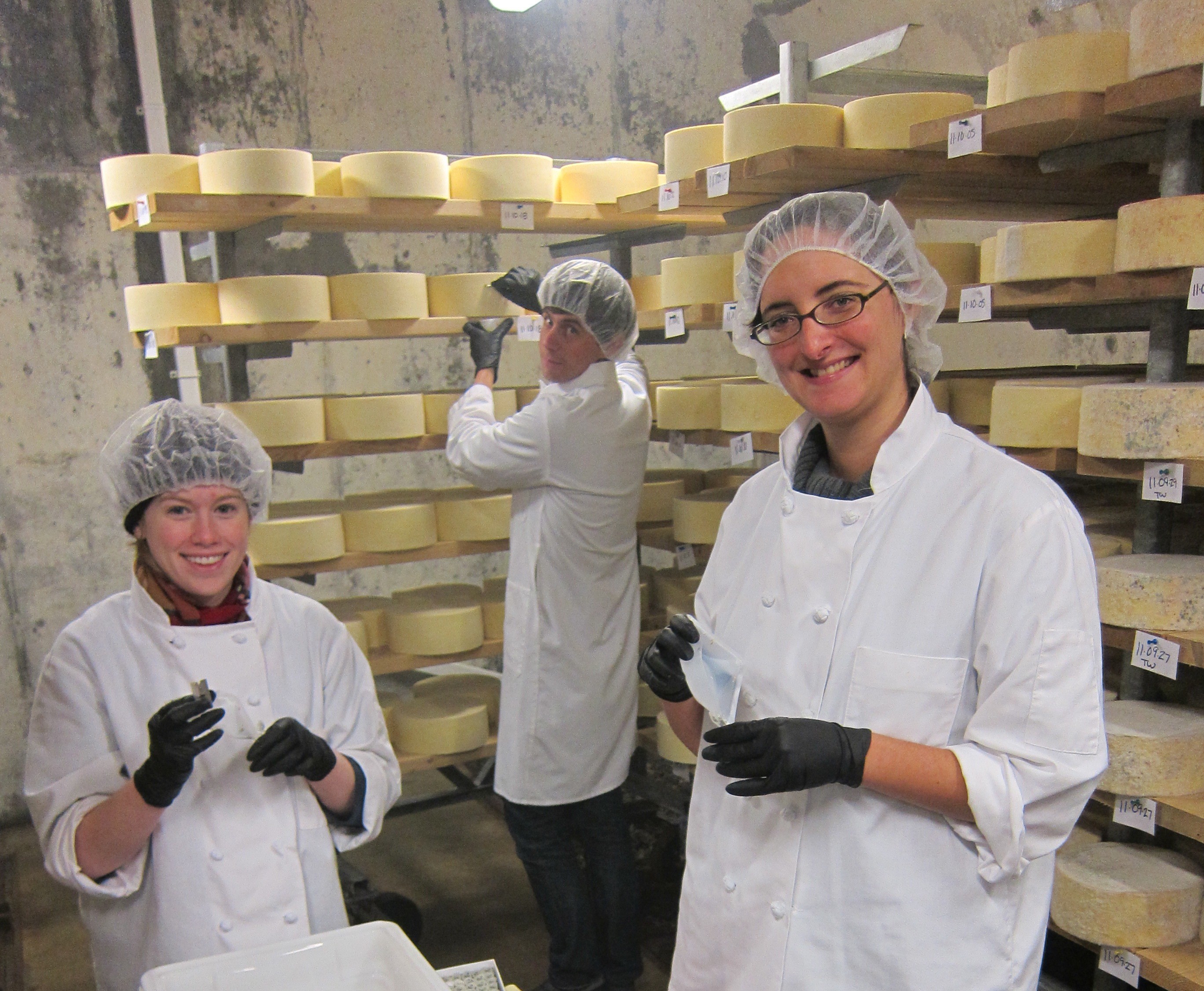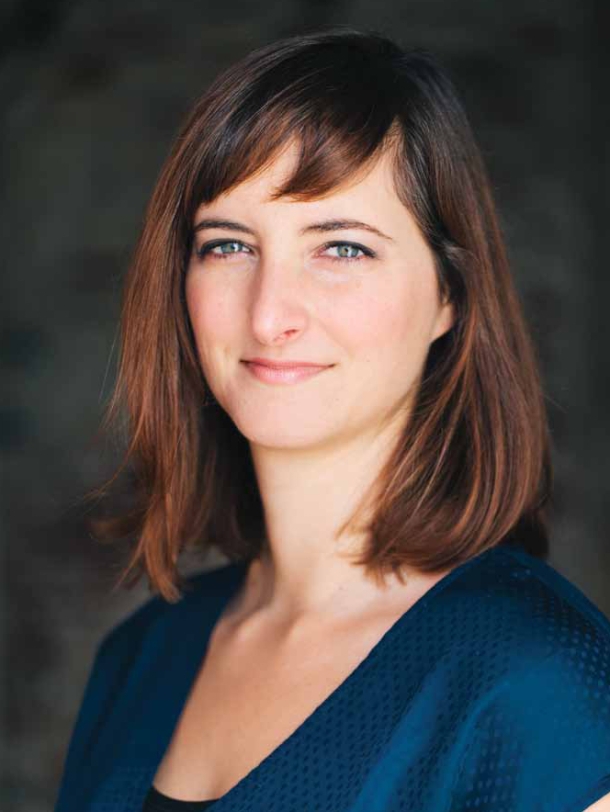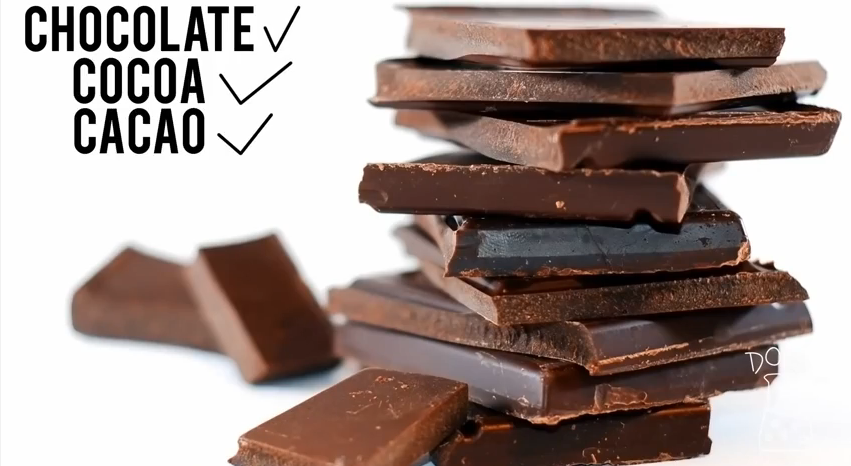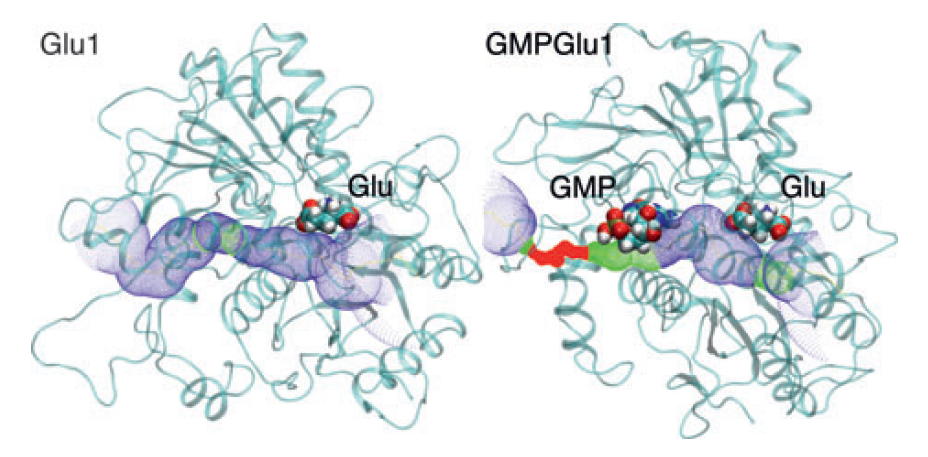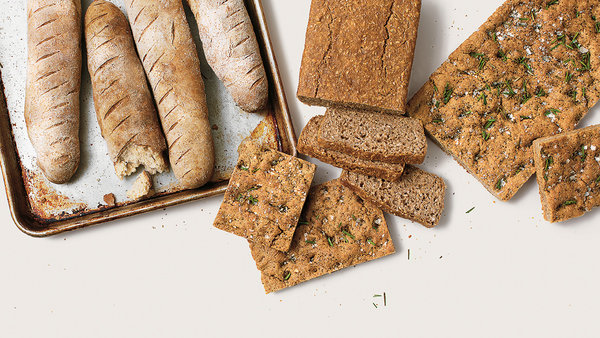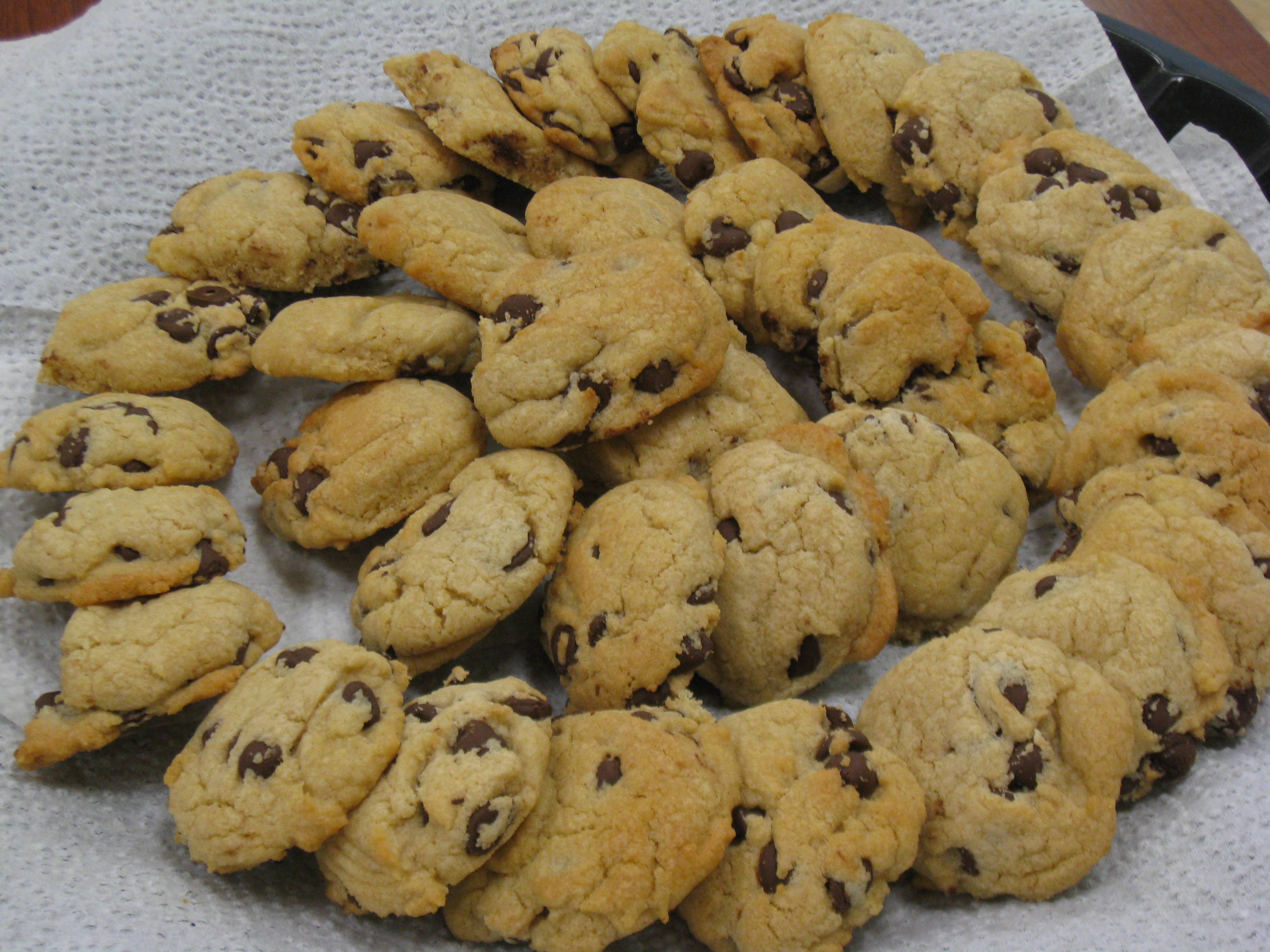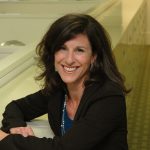Rachel Dutton
Rachel Dutton is a Bauer fellow at Harvard University where she uses cheese to study microbial ecosystems. She has collaborated with chefs David Chang and Dan Felder of Momofuku, and her research has been featured in Lucky Peach Magazine, The Boston Globe, NPR, The New York Times, and on the PBS TV series Mind of a Chef.
- What hooked you on science?
- I blame microbes for hooking me on science. I am just completely amazed at how versatile and powerful they are—and we can’t even see them!
- The coolest example of science in your food?
- My lab studies how microbes form communities in cheese. I think the coolest thing is that these microbes are doing everything from fighting to sending out chemical messages, and all this is happening as we eat a piece of cheese.
- The food you find most fascinating?
- I guess I am biased, but I think cheese is absolutely fascinating. I started out thinking that cheese was this relatively simple thing, but the more I work with it the more respect and awe I have of how complex and nuanced it can be. Both in terms of the flavor and the science. It is also incredibly interesting from the perspective of its history and cultural significance, and there are so many passionate people working with cheese.
- What scientific concept–food related or otherwise–do you find most fascinating?
- I think the most fascinating food related concept right now is that microbes could be used as new sources of flavor in foods. Much of the flavor we currently have in fermented foods comes from the microbes themselves. And we know that microbes have an incredible diversity of metabolic pathways, so what if we found microbes that could ferment foods to give it totally new properties?
- Your best example of a food that is better because of science?
- Chocolate.
- Are there any analogies you like to use to explain difficult or counter-intuitive food science concepts?
- The way that we identify species of microbes by sequencing their DNA can be a tricky concept. I like to compare it to matching fingerprints in a database, like in CSI, except that the fingerprints microbes have are unique sequences in their DNA.
- How does your scientific knowledge or training impact the way you cook? Do you conduct science experiments in the kitchen?
- I think I use both cooking and science to explore and learn. In the lab, I use science as a way to learn more about the way microbes behave. In the kitchen, I like to cook things that allow me to explore new cultures or ingredients.
- One kitchen tool you could not live without?
- I use a scale a lot. Even when I don’t need to, sometimes I’m just curious how much something weighs.
- Five things most likely to be found in your fridge?
- Whole milk yogurt, lemons or limes, maple syrup, mayonnaise, and ginger.
- Your all-time favorite ingredient?
- I think steamed clams are my favorite food, and fermented black soybeans are a favorite ingredient. I’m also a sucker for anything with cardamom in it.
- Favorite cookbook?
- When I have time on the weekends, sometimes I’ll cook from Rick Bayless’ Mexican Kitchen. I grew up in California and studied for a while in Mexico, and I love Mexican food and culture, especially from central and southern Mexico. The other cookbook I’m really enjoying right now is Yotam Ottolenghi’s Plenty.
- Your standard breakfast?
- I usually rotate between yogurt with honey and granola, oatmeal with maple syrup and walnuts, and eggs on toast.

